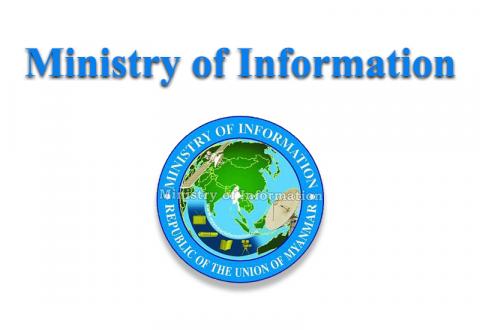Benefit the society with of telecommunication and information facilities
In today’s world, the rapid advancement of communication technology is evident. These technologies are increasingly applied across social and economic sectors, effectively shrinking the world by bridging geographical gaps and connecting people globally.
In 2006, the United Nations General Assembly designated 17 May as World Telecommunication and Information Society Day, highlighting the critical role of information and communication technology (ICT). This date also commemorates the founding of the International Telecommunication Union (ITU), which was established following the International Telegraph Convention signed by global leaders. A 2023 ITU press release revealed that approximately 5.4 billion people, or 67 per cent of the global population, are using the internet in various capacities. Additionally, about three-quarters of individuals over ten years old own mobile phones, facilitating daily communication.
The proliferation of communication technologies has significant economic impacts. It enhances the trading of goods and services online, creates job opportunities, and boosts productivity. The rise of e-commerce and digital marketing further drives economic growth, allowing many countries to sustain their development. A December 2023 report by the World Economic Forum highlighted Southeast Asia’s potential in the digital economy, projecting it could reach a value of $1 trillion by 2030. However, this projection excludes countries facing internet access restrictions and those unable to leverage information and communication technology effectively.
The communications sector is a cornerstone for the development of other industries, underscoring its indispensable role. With many nations now recovering from the impacts of the COVID-19 pandemic, businesses reliant on communication technologies are experiencing significant growth. Information and communication technology brought excellent changes to society with technological advancements that improved a variety of sectors and affected the Industrial Revolution.
To remain competitive, countries worldwide must enhance their communication technologies. Governments should prioritize the development of ICT to ensure their nations keep pace with global advancements. Failure to do so could result in lower development indices compared to more technologically advanced countries.
As such, sustaining the communications sector’s crucial role is imperative for continued progress. Governments of global countries must support and invest in ICT development to foster growth across all industries and ensure their countries do not fall behind. As the improvement of ICT benefits generations to generations as well as era to era, all participants from society need to catch up with such advancements and apply such technologies in measures that benefit themselves as well as society.
#TheGlobalNewLightOfMyanmar

